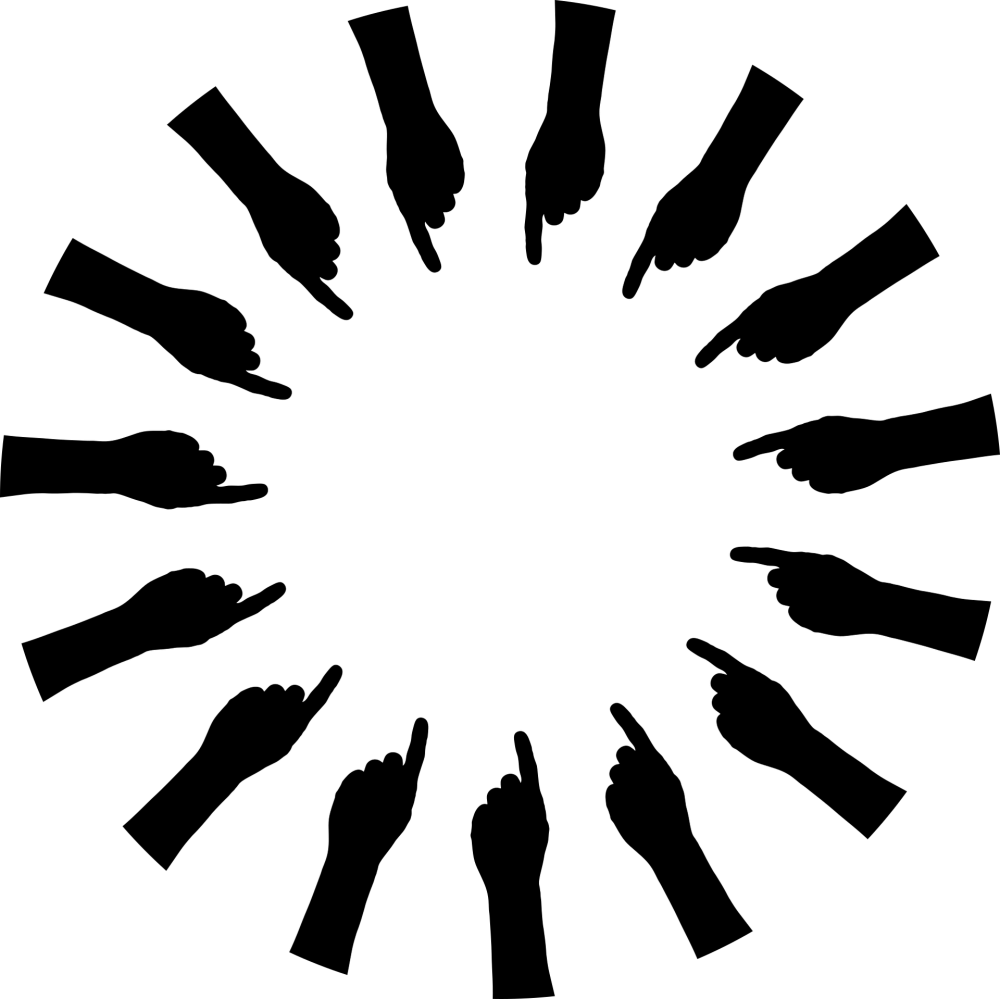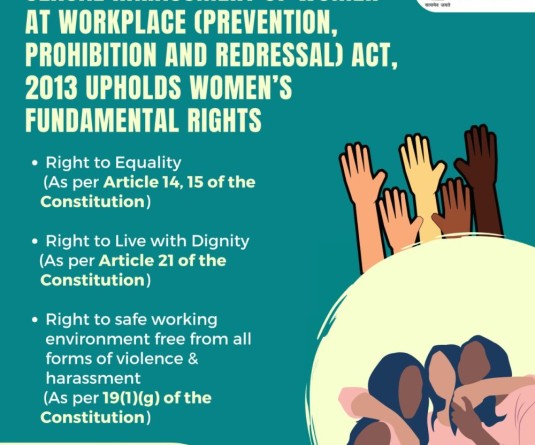‘Punishing and shaming’ strategy is not the solution in managing drug abuse, say experts. (Representative Image: Gordon Johnson from Pixabay)

Sensitisation workshop on substance abuse held in Kiphire
Kiphire, April 19 (MExN): The importance of managing drug addiction as a disease and not resorting to ‘punishing and shaming’ strategy as a solution, among others, were emphasised at a recent sensitisation workshop on ‘Substance Use - Prevention And Treatment’ in Kiphire.
The Department of Social Welfare Department in collaboration with Access to Rights and Knowledge (ARK) Foundation and District AIDS Prevention and Control Unit (DAPCU), Kiphire organised the workshop at the Conference Hall of the Kiphire District Hospital on April 16.
More than 40 stakeholders from various associations ranging from apex tribal Hohos, churches, students, NGO partners, drug users, police and civil society organisations of the district attended the workshop, informed a press release from Ketho Angami, President, ARK Foundation.
According to the release, United Sangtam Likhum Pumji (USLP) Vice President, L Kipitong Sangtam in his opening remarks exhorted the NGOs and CSOs to generate the concerns towards addressing the issue in the district and maintained that sensitisation is crucial to address addiction.
To control addiction, it is important to prevent inflow of habit into the villages and town areas, he said.
He also stressed on the importance of Opioid Substitution Therapy (OST) programme for managing addiction, but lamented that utmost effort are not given towards the programme.
ARK Foundation President Ketho Angami in his presentation gave an overview of drug addiction in the state of Nagaland and its impact on the health and lives of the drug users, and the society at large.
Stating that drug addiction the state goes back four decades, he noted that it has affected every towns and villages and every neighbourhood across the state, the release said.
‘Addiction is a disease’
He also noted that Kiphire district is still having significant numbers of drug users and lauded the Social Welfare Department for the initiatives for conducting such workshop while and calling for a concerted effort from all sections of the society to combat addiction, it added.
Meanwhile, Ketho informed that drug addiction was declared as a disease by the American Medical Association and the WHO in the year 1956 and 1958 respectively.
“Towards this he remarked that treatment should be the approach towards helping the drug user, rather than looking at it as a criminal issue which is liable for prosecution,” the release said.
He added that there are various reasons as to why people use drugs such as peer pressure, curiosity, easy availability etc and when the peak period of addiction begins, there are risks of overdose, risk of HIV, Viral Hepatitis B and C transmission apart from occupational, financial, spiritual, and legal harms.
On the strategy towards the addressing drug abuse, Ketho recommended supply, demand and harm reduction and said that these three-prone strategies are being implemented by various agencies and departments simultaneously.
He also urged for the need to work on primary prevention and providing opportunity to the people who are already into the habit to seek treatment as recovery from drug addiction is possible.
Sharing his experience, a recovering drug user from Kiphire, Litingse said that his family, neighbours, and villagers used to discriminate him because of his habit.
Despite going into rehab centres, he relapsed regularly until finally registering in an OST programme way back in November 2013, he said.
He continued with his OST for more than a year and thereafter went for a fasting period of 96 days.
Since then he is leaving a clean and sober life without the use of drugs and alcohol, he added.
Services available for free
Chairing the workshop, DAPCU Kiphire Program Officer, Tsiatsüvi highlighted various drug related services available in the district such as targeted intervention where needles and syringes, condoms, counselling, and referrals for drug treatment and HIV.
Such services and their follow-up treatments as required are provided free of cost at the district hospitals, she said, encouraging all to avail the available services without fear of stigma and discrimination.
Role of stakeholders, society
During the open discussion session, various queries and concerns relating to OST, management and treatment of chemical dependency and usage of Condoms were deliberated, the release said.
Wango Langsym, Assistant Director and Nodal Officer- Drugs, in his closing remarks also highlighted various roles played by the various department and the NGOs towards supply, demand and harm reduction, it said.
He emphasised on the importance of primary prevention among the upcoming generations in the schools, colleges and churches and reiterated on management of drug addiction as a disease, it added.
The role of the stakeholders and the society is to extend support towards the management and treatment of people who are into the habit, Wango opined, further noting that punishing and shaming of drug addict is not the solution.
Drug users get into the habit for many reasons but as the years go by, they also intend to recover from their addiction. It is the responsibility of all stakeholders to extend our help to them and rescue them from the bondage of addiction, he added.






